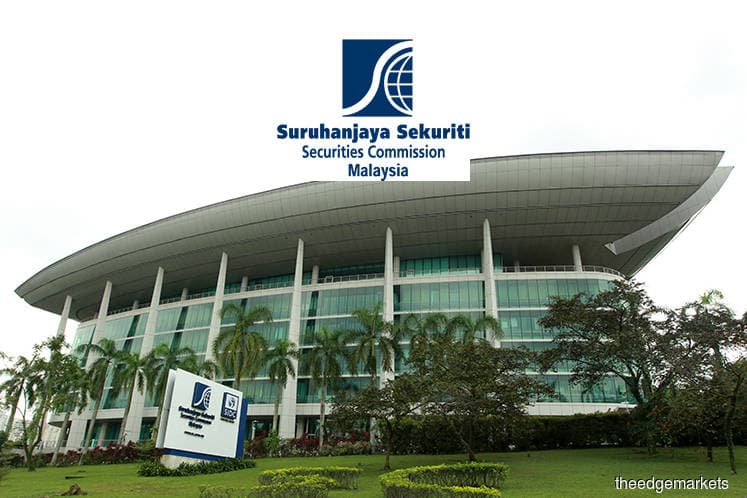
KUALA LUMPUR, (May 14): Securities Commission Malaysia (SC) said it has a fairly positive medium-term outlook after a fairly smooth market reopening, following last week’s surprise election outcome.
The chairman of the SC, Tan Sri Ranjit Ajit Singh, said although there was some initial volatility after the election results, the market reaction following the Bursa Malaysia’s reopening on May 14, has been calm.
“I think this reaffirms that there is very strong leadership, very strong signal by the administration in terms of pro-business policies and there is a strong sense of optimism.
“That would be translated into the markets. Our market as you know is fundamentally very strong; we have a very resilient capital market at RM3.2 trillion,” Ranjit added.
He attributed these strengths to strong and large pools of domestic liquidity, which helped reinforce resilience in the market, even in the aftermath of Pakatan Harapan’s shock election victory.
“The policies that they've announced are very pro-business and very pro-market and there is a very responsible and experienced leadership in place,” Ranjit said.
Furthermore, the SC would happily cooperate with the newly-formed Council of Elders, if information is needed concerning the capital markets, he added.
“At the moment, of course what we are focusing on is to ensure that the markets remain stable; that there is an ability for the administration to be able to pursue the economic policies that they will be focusing on.
“And to ensure that the capital markets can play their role in financing the economic activity that is required, moving forward,” the chairman said.
Meanwhile, the World Bank Group Global Knowledge and Research Hub in Malaysia, the SC, and the International Organisation of Securities Commissions (IOSCO), has organised a joint conference today, themed “Harnessing Islamic Finance for a Green Future.”
During the conference, it was announced that five green sukuk have thus far been issued under the SC’s Sustainable and Responsible Investment (SRI) sukuk framework to date, totalling RM2.407 billion, with more expected during the year.
The conference also gathered over 200 industry practitioners, policy makers and experts in Islamic finance and sustainable investment space, to discuss key policy, regulatory and institutional elements needed to increase market adoption of Islamic finance for climate mitigation, and adaptation efforts.
According to a study by the United Nations Environment Programme and DBS Bank, the demand for additional ASEAN green investment from 2016 to 2030 is valued at an estimated US$3 trillion.
“Malaysia’s leadership in green infrastructure finance would be a key element in attractive investment capital to fund sustainable development in the region,” the SC said in a joint statement.
Malaysia’s World Bank acting country manager Richard Record said the issuances of green sukuk in Malaysia demonstrates substantial potential of deploying Islamic finance instruments to support the green agenda.
“We intend to build on these accomplishments to foster the use of such instruments to finance sustainable development, and build resilience to climate change and natural disasters in our client countries,” Record added.